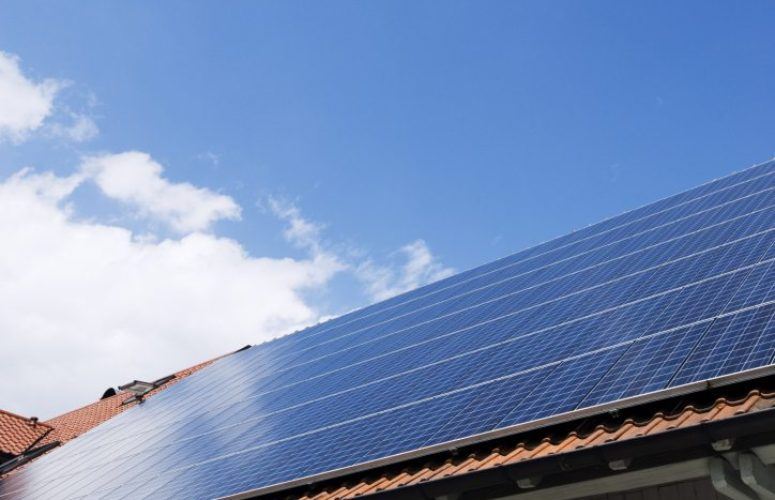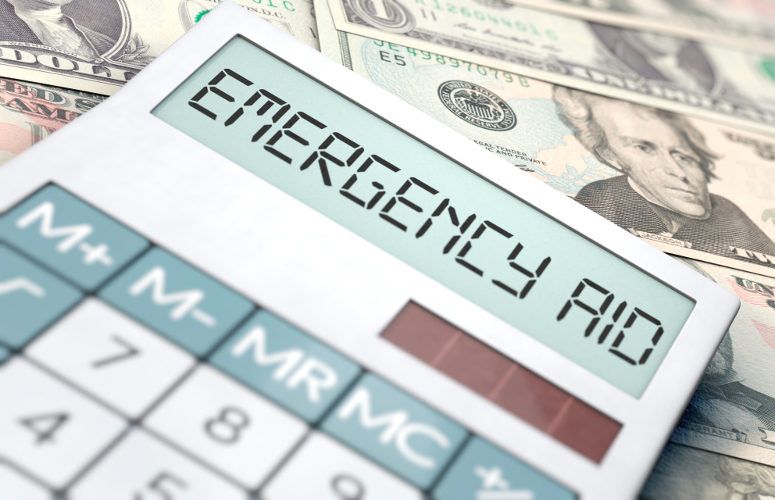
Application Process for Solar Energy Pilot Program Approved
Maintains Focus on Environmental Justice and Underserved Communities
On Oct 6, 2020The New Jersey Board of Public Utilities took a major step forward to ensure an equitable clean energy future by approving the Year 2 Application and process for the state’s Community Solar Energy Pilot Program. This action ensures underserved and overburdened communities can access the health and financial benefits of renewable energy, and participate in the innovation economy that is contributing to a stronger and fairer New Jersey.
“Community solar is a key element of Gov. Phil Murphy’s vision for 100% clean energy by 2050,” said BPU President Joseph L. Fiordaliso. “The dual benefit of the Pilot Program is that we can expand renewable energy in New Jersey while increasing access to its benefits for our historically underserved communities. We know that meaningful climate action is inextricably linked to addressing the burdens faced by environmental justice communities. By leveling the playing field, we will ensure an equitable and inclusive clean energy economy that creates jobs, combats climate change, and provides benefits for all Garden State residents.”
The Pilot Program is administered by New Jersey’s Clean Energy Program™ and provides access to solar energy through a subscription-based model that virtually connects customers to a solar installation within their electric utility company’s territory. The resulting energy output is divided among multiple participants known as subscribers, which can be homes or businesses, and reflected as a credit on their utility bill. This allows households who previously lacked access – due to cost, shaded property, or lack of roof control – to participate in a more equitable solar market. Community solar makes “going solar” possible without having to purchase, install, or maintain solar panels.
Program Year 2 has allotted 150 MW of community solar energy capacity – double the capacity of Year 1 – and includes a carve-out to ensure at least 40 percent of awarded projects serve low- to moderate-income (LMI) customers. In Program Year 1, NJBPU awarded 78 MW to 45 projects, all of which will dedicate at least 51% of their capacity to LMI communities.
The Year 2 application process incorporates feedback and lessons learned from Year 1 gathered during an ongoing public stakeholder process. The three-year Pilot Program, which the Board established in January 2019, is gathering market information and implementation data to inform the development of a permanent community solar program for the State. Once fully implemented, the Pilot Program will power an estimated 45,000 homes in New Jersey. Staff will begin working with stakeholders to develop the permanent program in fall 2020.
Applications for Year 2 are due Feb. 5, 2021 at 5:00 p.m. ET. Staff will provide further details for submitting applications when the online application portal launches. Applications will be reviewed and scored based on evaluation criteria that includes:
- Low- and moderate-income and environmental justice inclusion (25 points max.);
- Siting – with priority given to landfills, brownfields, and parking lots among others, and bonus points for site enhancements such as landscaping or pollination support, or locating in a redevelopment or opportunity zone (20 points max. plus bonus points);
- Community and environmental justice engagement (15 points max.);
- Product offering, with a preference for guaranteed customer savings of greater than 20 percent and flexible terms (15 points max.);
- Other benefits such as job training and co-benefits such as energy storage, EV charging, or energy efficiency (10 points max.); and
- Geographic location within utility service territory and project maturity (each 5 points max.).
Project applications must receive a minimum of 50 points to be considered, and will be awarded capacity in descending order beginning with the highest-scoring project in each electric utility’s territory.
The Application Form was also accompanied by two orders and two proposed rule amendments initiating other improvements to the Pilot Program, including guidance on consolidated billing, modifications to the LMI verification process for all three Pilot Program years, modifications to project development timelines, and the development of a limited-scale test of automatic subscriber enrollment for municipal LMI projects.
To access more business news, visit NJB News Now.
Related Articles:





